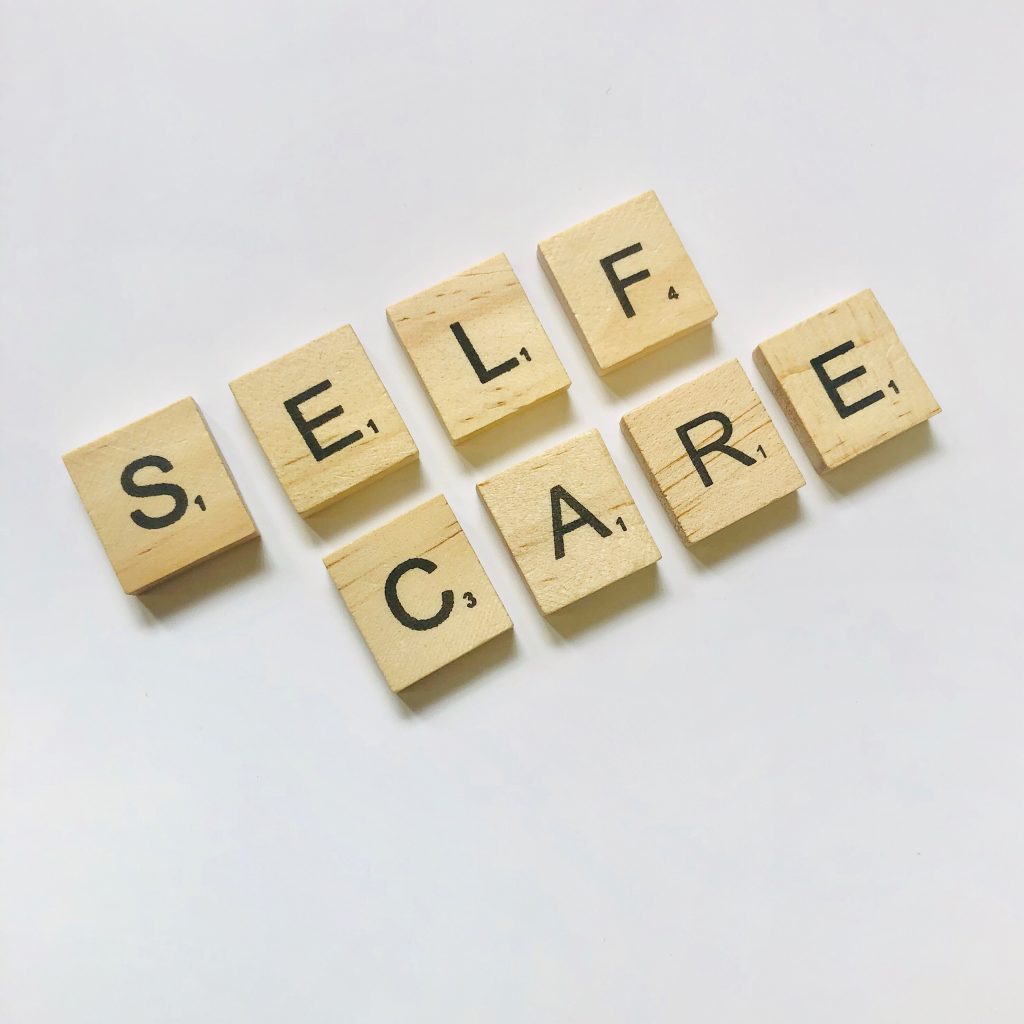The Critical Role of Self-Care in Addiction Recovery: Especially in Early Recovery
Addiction recovery is a journey of rebuilding—of body, mind, spirit, and relationships. In early recovery, when the brain is recalibrating, emotions are intense, and life feels unfamiliar without substances, self-care is not a luxury—it’s a survival skill. It forms the foundation for long-term stability, relapse prevention, and emotional healing.
What Is Self-Care in Recovery?
Self-care is often misunderstood as pampering or escape. In recovery, it means something deeper: taking consistent, intentional actions to meet your physical, emotional, spiritual, and relational needs. It includes the basics—sleep, nutrition, movement—but also boundary-setting, emotional regulation, community support, and doing things that bring joy or meaning.
When someone has been stuck in active addiction, self-neglect often becomes the norm. Their routines collapse, their physical and emotional needs are pushed aside, and their sense of worth erodes. Early recovery is a time to reverse this process by relearning how to care for oneself—not out of indulgence, but out of dignity and healing.
Why Self-Care Is Crucial in Early Recovery
1. Regulation and Rebuilding
Early recovery involves a flood of intense emotions—grief, shame, anger, anxiety, and uncertainty. The nervous system is often dysregulated after prolonged substance use. Self-care practices help rebuild internal safety. For example:
- Sleep supports brain repair and impulse control. A recovering brain needs deep rest to restore its ability to focus, plan, and make healthier choices.
- Nutrition balances mood and stabilizes blood sugar. Stable blood sugar helps reduce mood swings and keeps cravings at bay.
- Gentle movement (like walking, stretching, or yoga) reduces anxiety and stimulates endorphins—natural mood elevators.
- Connection with safe people reduces isolation, activates the social engagement system in the brain, and offers the experience of co-regulation.
These small but essential actions send a message to the body and brain: you are safe now. This lays the groundwork for long-term healing.
2. Relapse Prevention and Healthy Reward
Cravings often arise when basic needs go unmet. HALT—Hungry, Angry, Lonely, Tired—is a well-known acronym in recovery circles for a reason. Self-care directly addresses these triggers. A person who is rested, nourished, and connected is far less likely to reach for a substance to soothe discomfort.
Even more, self-care creates alternative reward pathways. Recovery involves reshaping the brain’s reward system. Rather than relying on drugs or alcohol to flood the brain with dopamine, a person in recovery can begin to experience real pleasure from:
- Laughing with a friend
- Completing a small goal
- Creating art or listening to music
- Spending time in nature
- Helping someone else
These moments help rewire the brain to find joy in life itself.
3. Reclaiming Identity and Worth
One of the most powerful effects of self-care in early recovery is psychological. Many people enter sobriety carrying deep shame and a fractured sense of identity. Self-care becomes a quiet act of rebellion against self-hatred. It says: I am worth caring for. I deserve peace. I am allowed to heal.
Over time, this simple commitment to meet one’s own needs begins to rebuild a sense of trust in self. It also helps develop self-compassion—the antidote to the inner critic that often fuels relapse. Reclaiming identity in recovery isn’t just about discovering who you are without substances—it’s about practicing self-respect on a daily basis.
Self-care reinforces that recovery is not just about abstaining from a substance. It’s about returning to your own humanity, one gentle act at a time.
4. Creating Structure and Safety
Addiction thrives in chaos. Recovery thrives in structure. Self-care provides anchor points throughout the day that reduce uncertainty and emotional overwhelm. Morning routines, bedtime wind-downs, check-ins with a sponsor or therapist—these are all forms of self-care that create rhythm and predictability.
In many recovery models, this idea is often referred to as part of the three-legged stool of sobriety:
- Meetings and community support
- Spiritual or personal growth
- Structure and service
Structure gives sobriety legs to stand on. Without it, recovery can wobble. By establishing a rhythm of self-care—such as waking up at the same time, eating regular meals, exercising, and engaging in meaningful tasks—we help the nervous system regulate and the spirit feel safe.
Even for those who struggle with traditional routines, having even one or two consistent practices a day can dramatically improve a person’s sense of stability and reduce relapse risk.
Conclusion: Self-Care Is Sobriety Maintenance
Self-care is not selfish or secondary—it is primary recovery work. Especially in the early stages, when relapse risk is high and internal resources are low, it is the daily practice of saying yes to life, even when it feels hard.
Recovery doesn’t just mean stopping the substance. It means learning how to be in your body, your relationships, and your world in a new way. Self-care gives recovering individuals the tools, the permission, and the power to stay sober—not just for a day, but for a lifetime.




